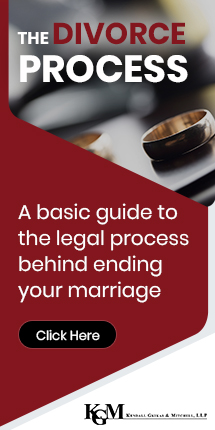 It’s sad but true—many people aren’t even aware they are in abusive relationships. Learn what the signs are so you can make sure to avoid getting into an abusive situation, or if you realize you’re already in one, to get out of it right away.
It’s sad but true—many people aren’t even aware they are in abusive relationships. Learn what the signs are so you can make sure to avoid getting into an abusive situation, or if you realize you’re already in one, to get out of it right away.
Before we move on to the specifics of domestic abuse, let’s make one thing absolutely crystal clear—if you fear for your safety, dial 911 now. There is no reason to risk your safety and wellbeing for the sake of staying in a relationship, no matter how good it is when the abuse isn’t occurring.
In summary, get immediately help if you suspect you’re in any danger.
Types of Domestic Abuse Punishable by California Law
California law actively protects victims of domestic abuse by making certain actions susceptible to criminal prosecution. This includes physical, verbal, emotional, and psychological abuse at the hands of a family member or intimate partner. But sometimes it can be hard to discern what’s a normal argument and what constitutes abuse.
Just because it’s not physical, it could still be abuse
Many people dismiss the signs of emotional, verbal and psychological abuse because they aren’t physically getting hit or pushed around. But nonphysical abuse can be just as damaging as physical abuse, so it’s important to know how to recognize the signs. Here are some behaviors that constitute domestic abuse:
- Humiliating and yelling
- Criticizing and insulting
- Treating you so badly you don’t want to bring him/her around family or friends
- Ignoring or putting down your accomplishments and opinions
- Blaming you for their abusive behavior
- Act excessively jealous and possessive
- Control where you go and what you do
- Keeping you from seeing friends and family
- Threaten to hurt or kill you
- Threaten to take children away or harm them
- Force you to have sex
- Withholding basic necessities (food, clothes, medications, shelter)
This is not a full list of all the potentially abusive behaviors. Each case is unique, so it’s important to consult with an attorney who specializes in family law, including domestic abuse—so just call Kendall Gkikas & Mitchell at 909-482-1422 to set up an initial consultation. One of our partners will be able to discuss the specifics of your situation and determine how to proceed with prosecuting the abuser.
The First Legal Steps
Immediate help is available to victims of domestic violence in the form of an Emergency Protective Order, which is valid for 5 days and issues by law enforcement agencies (the police). Then a Temporary Restraining Order, issued by family law court, can be applied which lasts for 21 days. This type of restraining order is used for issues that aren’t severe enough to be considered by the district attorney in your area. A Permanent Restraining Order can last for up to 5 years. If any of these 3 Orders are violated, the abuser can be found in contempt of court, charged with a misdemeanor crime, or even have to stay in jail for one year.
Act now to protect yourself and your children from incredibly harmful behavior. You don’t deserve to put up with it for another minute. Call 909-482-1422 to get the help you need today.


